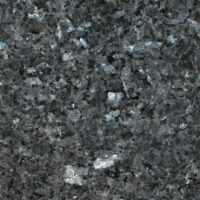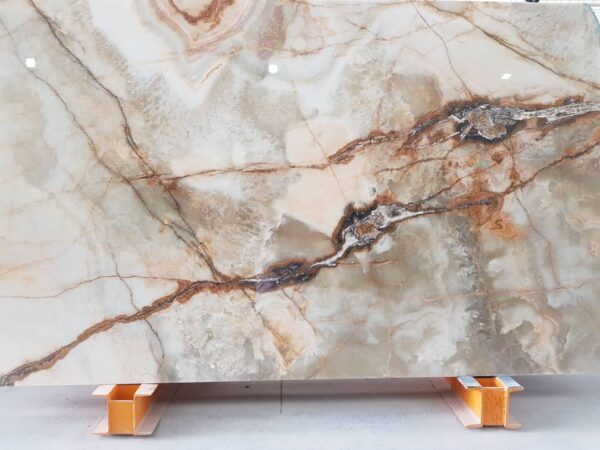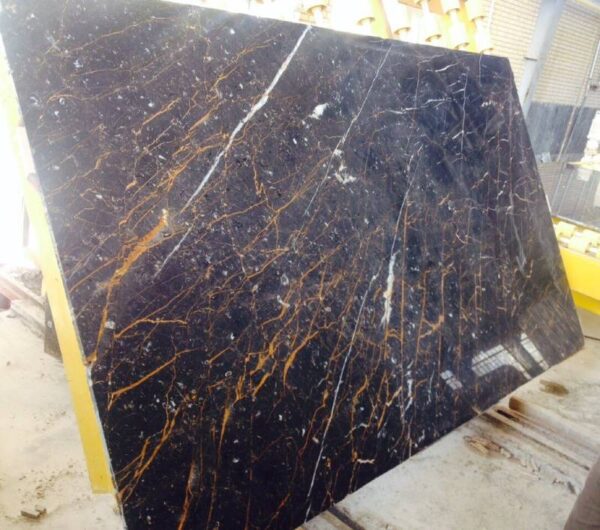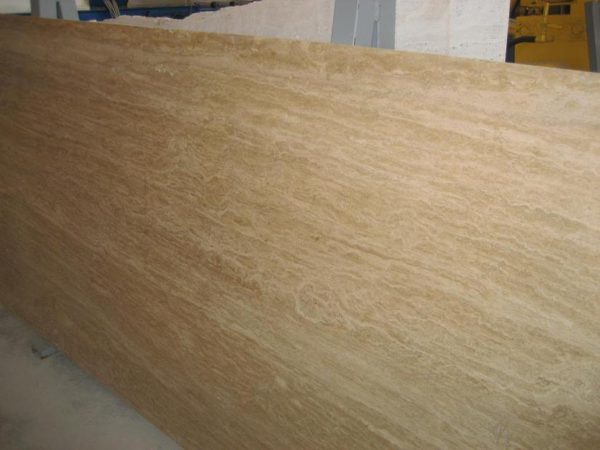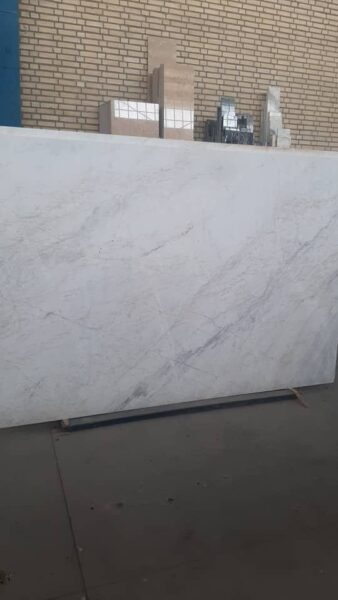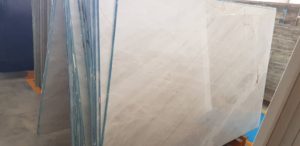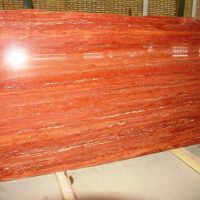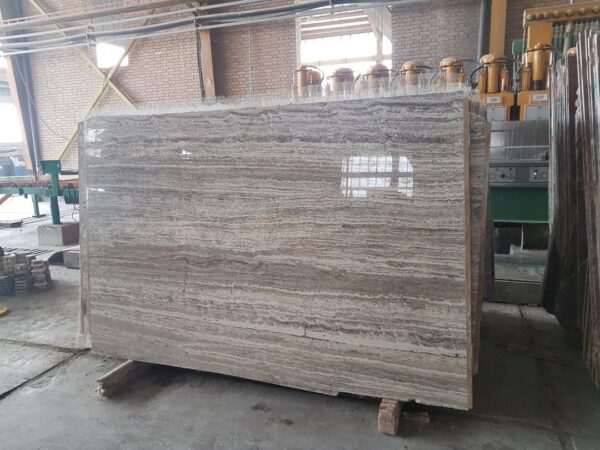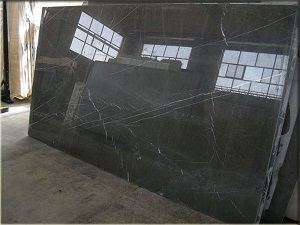What You Need to Know
Is It Safe to Use Bleach on Granite?
Granite countertops are a popular choice for kitchens and bathrooms because of their durability and natural beauty. But when it comes to cleaning, many homeowners ask the same question: Can you use bleach on granite? While bleach is a powerful disinfectant, it may not always be the best option for cleaning granite surfaces. This guide will help you understand how to safely clean granite and protect your investment.
https://www.rockstone.biz/best-color-granite-for-kitchen/
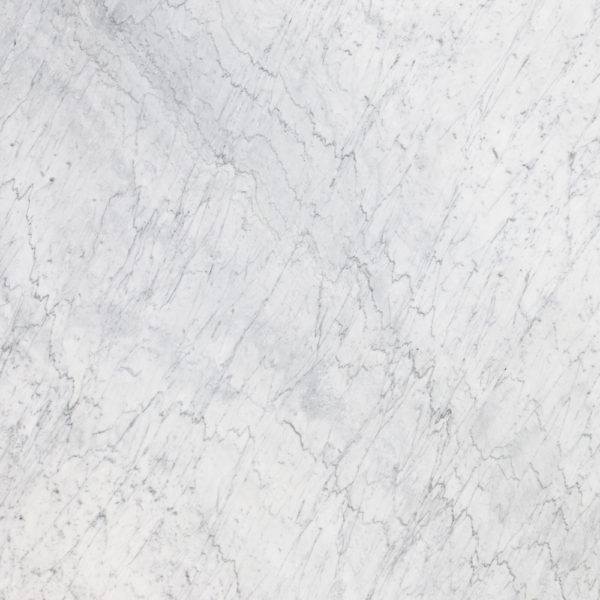

The Dangers of Using Bleach on Granite
Bleach is a common household cleaner known for its ability to kill germs, remove stains, and disinfect surfaces. However, using bleach on granite surfaces can cause several issues, including:
- Damage to Sealant: Granite countertops are usually sealed to prevent liquids from seeping into the stone. Bleach can break down this sealant, leaving your granite vulnerable to stains, moisture damage, and bacteria growth.
- Discoloration: Over time, the harsh chemicals in bleach can dull the natural shine of granite or cause discoloration, especially on darker stones.
- Etching: Although granite is a hard stone, it can still be sensitive to harsh chemicals. Bleach can cause etching, or permanent marks, on the surface of the granite, especially if left on for too long.
Using bleach regularly on granite is not recommended. Instead, opt for safer cleaning alternatives that won’t compromise the integrity of your countertops.
https://www.rockstone.biz/granite-in-house-designing/
How to Safely Clean Granite Countertops
To maintain the beauty and longevity of your granite, it’s essential to use the right cleaning products. Here’s how you can safely clean and disinfect granite surfaces without bleach:
Use a pH-balanced Cleaner
One of the best ways to clean granite is by using a pH-balanced cleaner specifically designed for natural stone. These cleaners are gentle on the surface and won’t strip away the sealant. You can also use a mild dish soap mixed with water for everyday cleaning.
https://www.rockstone.biz/best-persian-granite/
Microfiber Cloth for Cleaning
When wiping down your granite countertops, use a soft microfiber cloth to prevent scratches. Avoid abrasive sponges or scrubbers that can damage the surface.
Disinfect with Isopropyl Alcohol
If you need to disinfect your granite countertops, consider using isopropyl alcohol mixed with water instead of bleach. A mixture of 50% alcohol and 50% water will effectively kill germs without harming the stone. Spray the solution on the surface, let it sit for a few minutes, and then wipe it off with a microfiber cloth.
Avoid Acidic or Harsh Cleaners
Cleaning products containing lemon, vinegar, or ammonia can harm granite just like bleach. Stick to gentle, non-acidic cleaners to keep your granite looking new.
Sealing Your Granite for Long-Term Protection
Granite is naturally porous, which means it can absorb liquids and become stained over time. To prevent this, it’s essential to seal your granite countertops regularly. The frequency of sealing depends on the type of granite and its usage, but most countertops should be sealed at least once a year.
To test if your granite needs sealing, perform a simple water test. Place a few drops of water on the surface and wait for 15 minutes. If the water soaks into the stone, it’s time to reseal.
Can You Pressure Wash Limestone
Best Practices for Maintaining Granite
Maintaining granite is simple as long as you follow a few key practices:
- Wipe Up Spills Immediately: Acidic substances like wine, coffee, and fruit juices can cause stains if left on the surface.
- Use Cutting Boards and Trivets: Always use cutting boards and trivets to avoid direct contact with sharp objects and hot pots.
- Clean Regularly: Regular cleaning with a pH-balanced cleaner will keep your granite looking its best and extend its lifespan.

